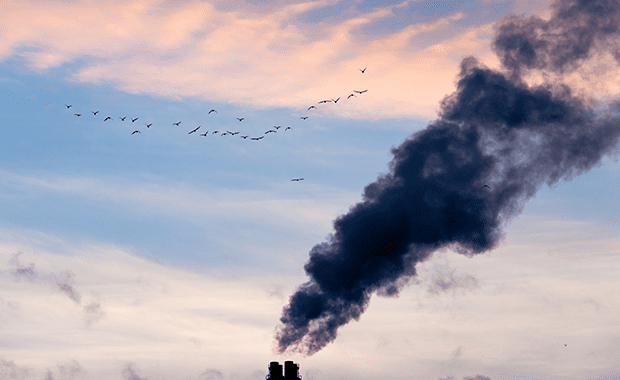GK takes a look at some of the key points from the Domestic Maritime Decarbonisation Consultation, published in July 2022.
Although transport is the largest contributor to the UK’s domestic greenhouse gas emissions (GHG), the maritime sector only makes up for 5%. Despite emitting a relatively small 5.3million tonnes of carbon dioxide equivalent, domestic maritime vessels contribute more emissions than domestic rail and bus emissions combined, which account for significantly more journeys up and down the UK.
The Department for Transport (DfT) has shown initiative and previously moved to encompass smaller sectors within the Net Zero Strategy. The DfT has now demonstrated a desire to go further by highlighting the need to move towards a cleaner future and the necessity of tackling emissions from the domestic maritime sector, and has published a new consultation aiming to establish the optimal pathway to net zero emissions for the sector.
Traditionally described as a ‘hard to abate sector,’ the journey to reach a net zero future will require significant buy in from the industry to ensure that new technological developments can be quickly brought into operation and achieve an effective reduction in emissions. Difficulties arose following the 2019 Clean Maritime Plan, which established a high-level route map to clean growth, and highlighted the scale of challenges faced by the maritime sector. Such challenges include maritime fuel prices which has resulted in a lack of incentive for shipping companies and associated industries to invest in reducing emissions, among others. To combat these challenges, building cross-industry and cross-departmental collaboration into the ‘Course to Zero’ strategy – which will be published following the Domestic Maritime Decarbonisation consultation concludes – will be essential to ensure the process of developing new maritime infrastructure is aligned with ongoing Government initiatives, such as levelling up. Rather than hindering action towards net zero, aligning maritime decarbonisation with challenges like levelling up offers considerable opportunities when delivered in unison, providing much needed investment to coastal communities that have too often been overlooked for central government funding.
The recently published consultation for domestic maritime decarbonisation, released ahead of a later ‘Course to Zero’ strategy to plot the route to net zero emissions for the industry, indicates the level of the Government’s commitment to creating a regulatory environment in which promising technologies can be implemented in order to assist the journey to a net-zero future, such as using hydrogen-derived fuels, including ammonia, and battery electrification. Moreover, the consultation will seek to identify different strategies in order to reach net zero emissions by 2050, as well as understanding the remaining barriers to this sector.
To kickstart this process, the Government has committed £416 million to support the research and development of transport decarbonisation, and £206 million has been specifically allocated to establish a new team within the DfT- the UK Shipping Office for Reducing Emissions – whose aim is to support the decarbonisation of the maritime sector. This move highlights the progressive mindset permeating through government – at least until Liz Truss or Rishi Sunak become Prime Minister – and demonstrates the government’s understanding of the severity of the crisis given that it deems it sufficiently important to strongly intervene. Further government intervention can be seen through economic measures such as supporting the raising green finance, as well as working with industry leaders to promote investment from beyond the maritime sector.
GK Strategy are experts at helping organisations navigate government policy and position themselves as leaders within their sector. If you would like to learn more about the future net zero policy landscape, please do get in touch.


